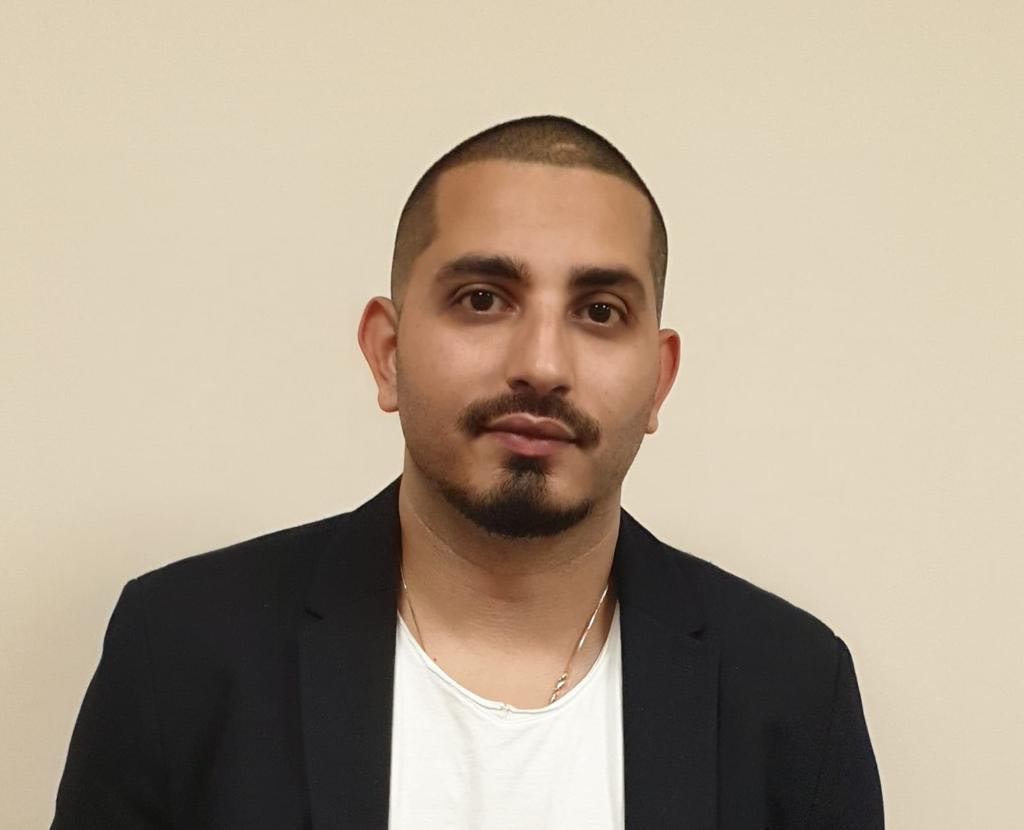– Why did you decide to start a startup?
– This is a very good question! You never decide to start a startup. First of all, you need to find a problem. You become familiar with the issue that hurts you or people who are near you. In 2016, I was released from Israel’s army. I had a small business, and I tried to develop an app for this business. When I started checking the prices for these types of services around the market, I found insane numbers. Companies offered to develop an app for $150.000, $200.000, $120.000 for me, and I thought, What are small businesses around the world doing? Who can provide the solution? So I went to Google and began researching. Unfortunately, I didn’t find the solution that I needed. There were only a few app builders on the market in 2016. All of them were based on HTML, and they looked very bad. The templates they provided were awful, nothing innovative.
So basically, we decided to do it in terms of changing, to build an app for small businesses.
So, you are not choosing to create a startup; it is choosing you. You need to have the will to change the world. You want to leave your impact, to do something bigger than you. This is what leads to doing a startup. Before you start a startup you must understand that you can’t anticipate what will happen tomorrow, so be patient and strong. At the same time, it was my best decision ever.
– How old were you when you started your startup?
– When I started my first startup, I was 22. We started geekApps (Free business app builder platform) in Israel; now a part of this team is in Ukraine.
– Why did you choose Ukraine?
– You know, many people will tell you that it is a question of money. But in our case, it was an accident, a simple mistake. It is very expensive to hire IT specialists in Israel, so we went to Ukraine to hire the employees here. Again, by accident, we found the company here, in Lviv, and actually, we came to check this company. To be honest, we came to Ukraine to reduce the cost, but for the last 4 years that I have lived here, it is totally different from what I thought. We came here because of the money and we stay here because of the people. This is the main thing now.
– What are the biggest challenges and fears while starting a startup?

– I think that having concerns are common with all businesses, not only with startups. But when you start something from scratch, it becomes your baby. When you have a child, you need to have the responsibility, you feel unconditional love, you understand no matter what happens, you can’t drop it, you can’t close it, because it is yours. In the very beginning, you need to do everything on your own—this is the biggest challenge. The biggest fear (for me) is unbelief.
– What is the secret of a successful startup launching?
– I think there is no secret. Just work hard, work hard and work hard! Take a deep breath and work hard again and believe in your product.
– What is your business for now? How many clients and employees do you have?

– We have more than 200 employees, including those who work for Levent and geekApps. We are now launching the third startup. We have 3 product companies: Israel IT (Offshore software development company), Sankara (Outsource development) and geekApps (app builder platform), of course. We cover many markets all over the world: USA, UK, France, Israel, Romania, Canada.
– What did you feel when the quarantine came?
– When the pandemic started, I realized that everything was going to be different. Things that we knew before would be changed. Many businesses were very nervous; people didn’t know what is going on. Personally, I felt sadness, but if you ask me about how I handled it, we prepared well and had conversations with our people (not only the clients but employees as well). During the COVID-19, we got only 2 clients who were damaged; one of them was related to traveling, so there was no chance to survive.
During the pandemic, we managed to hire around 90 employees. What helped us? First, we have a good reputation on the market, and second, we provide explanations and are always in touch with our employees and clients.
– What are your plans regarding your business?

– Basically, we are going to grow dramatically in 2021. We plan to grow from 200 employees to 500. Also, we want to open new markets, especially in Central Europe and the US. We are going to expand our business in different fields all over the world. And the most important, we are going to invest in our employees.
– What can you advise for startup founders?
– First of all, take a deep breath. It is going to be a very fascinating journey called “start a startup”. You know how to get into it, but you don’t know what is going to be next. The main thing I would advise today, after all these years, is planning. Planning and planning again. Plan your startup, investigate, find out, learn, compare your competitors, understand the market, see what you can provide and what solution you have. Believe in your solution, test everything, ask many people, listen to their ideas and opinion. But in the end, listen mostly to yourself!




